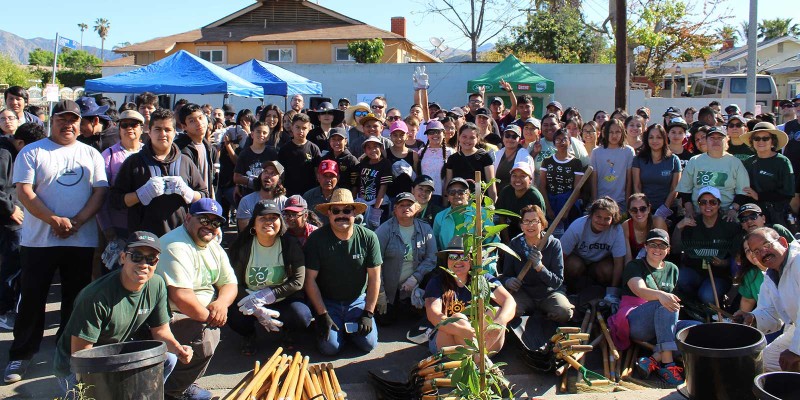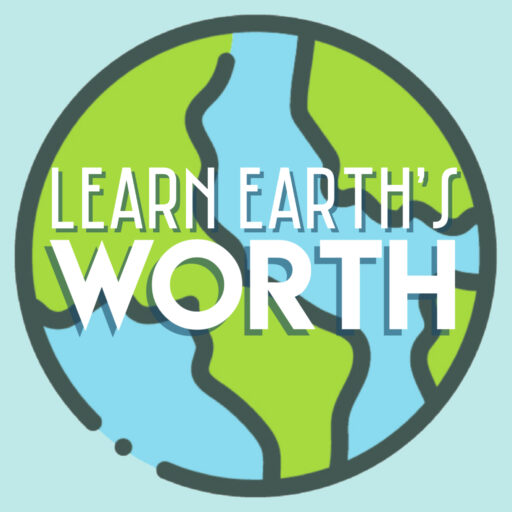Perhaps I was destined to be an environmentalist since my birth on Earth Day. Or perhaps I am simply a product of my environment, living in a perpetually drought-stricken suburb of California. Whether nature or nurture, environmental science captivates me.
Though I’ve always had a general interest in climate change and the earth’s systems, AP Environmental Science revealed its pervading presence in every aspect of my life. From the urban runoff produced by washing my car to the eutrophication in my neighbor’s duck pond, I see environmental science’s effects everywhere. The technical chemistry and gritty science behind these concepts fostered a greater understanding of the world I live in and the global problems we face.
Inside the classroom, I eagerly learned the scientific aspect of environmentalism. However, volunteering with Pacoima Beautiful gave me the ability to translate that scientific knowledge into environmental policy, education, and advocacy. I and five other volunteers worked to collect lead-tainted soil samples from a neighborhood near Whiteman Airport. With noise complaints, recent crashes, and lead exposure, community organizers criticized the airport as being a danger to the community’s health. We surveyed residents’ attitudes towards the airport, a majority of them Latino and Spanish speaking, and trekked door to door distributing information on town hall meetings where they could voice their opinions to city leadership. Through talking with affected residents like a nephew concerned about the recent plane crash near his aunt’s house, I witnessed firsthand how environmental science could be used in conjunction with advocacy to further community action and social justice.

Similar to my path from learning environmental science in the classroom to working in environmental justice in the field, my journey in writing these blog posts has progressed as well. In 2020, I began writing about general issues of climate change and science-based articles. As I dove deeper into the environmental movement, I began to discover the pervading issue of environmental racism. I was astounded at the lack of awareness I had and began to research depper, posting my findings on this forum.
As I hope to begin college next year working in environmental science, I realize the importance of being able to use that knowledge I will learn for environmental justice. Learning cold statistics and discovering complex systems is important—but I want to make that knowledge usable for environmental policy and advocacy for those who need it most. I hope to develop my expertise in environmental science concepts in order to mobilize environmental justice and climate action efforts. My passion for science underscores my passion for social justice, prompting my pursuit of knowledge and, ultimately, my appreciation and celebration of this blog.
Stay learning earth’s worth!
